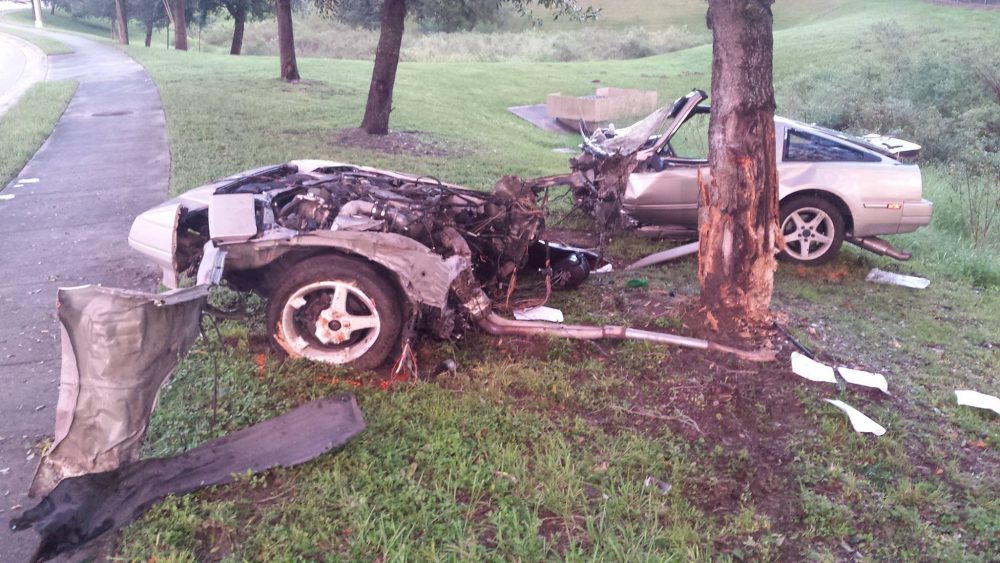Let’s talk about language for a moment.
We all know that the words we choose are influenced by what we think about whatever we are talking about. For example, if you are at your mother’s house for dinner, whether you describe the steaks as “burned” or “well-done” reflects whether you liked it or not, as well as how long the steaks were probably cooked, the manner in which they might have been cooked, and the seasonings applied to them.
This effect works the same if you are telling someone how the steak was—whether you say “burned” or “well-done” implies various meanings beyond how cooked the steak was, including whether or not your mother is a good cook and whether the steak was cooked a long time on purpose. That person will then have an opinion of your mother’s cooking based on those implied meanings, whether they were intentional or not.
For this reason, many safety advocates in the automotive industry are pushing to end the use of the term “accident” when talking about vehicle collisions. What is wrong with the word “accident,” though?
It is so widespread in usage that many don’t even recognize the implications of the term, so here is the problem, summed up very succinctly in Hot Fuzz.
“When you use the word ‘accident,’ it’s like, ‘God made it happen,’” said Mark Rosekind, head of the National Highway Traffic Safety Administration, at a driver safety conference at Harvard this month. This attitude is especially a problem because, according to the New York Times, 94% of all crashes are the result of some sort of driver behavior, with only a tiny 6% being actual “accidents.”
At a time when numbers of roadway fatalities are rising at an alarming rate, according to many advocates the persistence of crashes can be partly blamed on driver apathy.
So, how can saying “crash” instead of “accident” fix that?
By changing the wording, you remove that implied “oh, well, what can you do?” attitude toward collisions, which in particular could shake up the decisions of policymakers in local and state governments, where the word “accident” would lead to a “nobody’s fault” mentality. “Crash,” by comparison, is a more neutral term, as it doesn’t imply blame or lack thereof, only the fact of a collision (although possibly a worse one than you might encounter in a fender-bender at a red light).
Personally, I agree that we should stop using the word “accident” unless we know that it was nobody’s fault for sure, although I think we should use the terms “crash” and “collision,” and vary their use based on how severe the incident was. Partly, I am saying this in the interest of sheer accuracy, since calling something an “accident” when it in truth wasn’t is just plain wrong. But also, I agree with this out of a feeling of obligation—if a car crash is one of the drivers’ fault, then I shouldn’t, even by implication, absolve the error that caused someone else injury, physical or otherwise.
News Source: New York Times
The News Wheel is a digital auto magazine providing readers with a fresh perspective on the latest car news. We’re located in the heart of America (Dayton, Ohio) and our goal is to deliver an entertaining and informative perspective on what’s trending in the automotive world. See more articles from The News Wheel.
